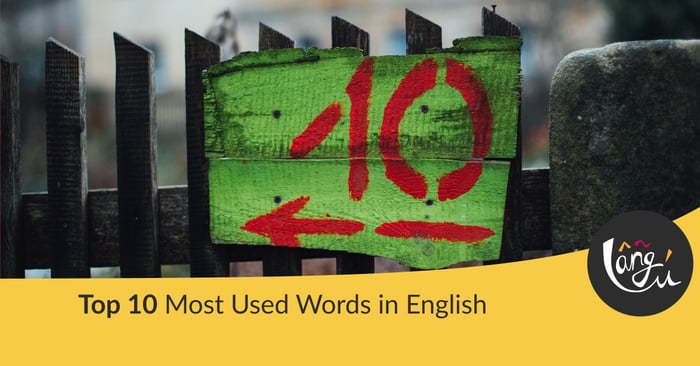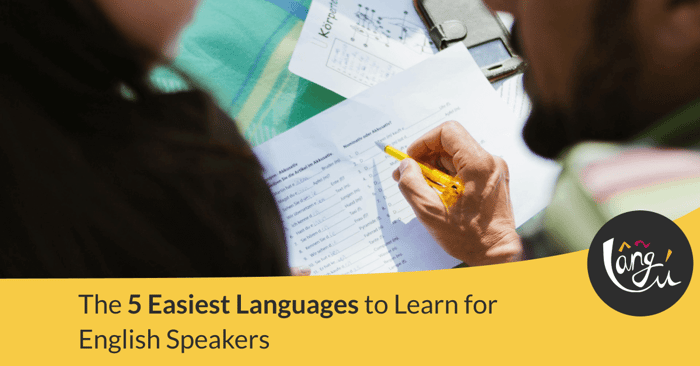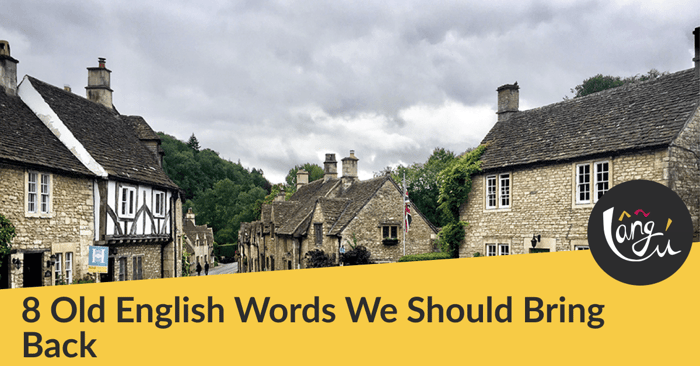Introduction
English is a language rich with vocabulary, but a small subset of words is used disproportionately more often than others. Understanding these frequently used words is crucial for language learners and can enhance communication skills. In this article, we will explore the top 10 most used words in English, their meanings, and examples of their usage.
The Methodology of Identifying Common Words
Linguists and researchers identify the most used words through extensive analysis of language corpora, which are large collections of written or spoken texts. By analyzing these texts, they can determine word frequency and usage patterns. The data is often sourced from dictionaries, online usage, and linguistic studies. Frequency analysis helps to understand which words are foundational in everyday communication.
Word #1: The
"The" is the most frequently used word in English. It functions as a definite article, specifying a particular noun that is known to the reader or listener.
Examples:
- The cat sat on the mat.
- She went to the store.
Its significance lies in its ability to specify and identify nouns, making communication precise.
Word #2: Be
"Be" is a versatile verb used to indicate existence, states of being, and identity. Its various forms include am, is, are, was, and were.
Examples:
- I am a teacher.
- She is happy.
- They were here.
This verb is essential for constructing sentences and expressing different states and actions.
Word #3: To
"To" serves as both a preposition and an infinitive marker, expressing direction, purpose, and actions.
Examples:
- She went to the park.
- He likes to read.
Its importance in conveying purpose and direction makes it indispensable in English.
Word #4: Of
"Of" is a preposition used to indicate relationships, possession, and composition.
Examples:
- A cup of coffee.
- The book of secrets.
This word is crucial for describing how things relate to each other.
Word #5: And
"And" is a conjunction that connects words, phrases, and clauses, adding information or combining ideas.
Examples:
- Bread and butter.
- She sings and dances.
Its role in linking concepts and extending sentences is vital for clear communication.
Word #6: A
"A" is an indefinite article used to introduce singular nouns that are not specifically identified.
Examples:
- A dog barked.
- She bought a dress.
This article helps to generalize and introduce nouns into conversation.
Word #7: In
"In" is a preposition used to denote location, time, and inclusion.
Examples:
- She is in the room.
- We met in July.
Its usage is essential for expressing spatial and temporal contexts.
Word #8: That
"That" functions as both a pronoun and a conjunction, introducing clauses and specifying objects.
Examples:
- The book that you gave me.
- She said that she would come.
Its significance lies in its ability to connect and specify parts of sentences.
Word #9: Have
"Have" is a verb used to indicate possession, necessity, and completed actions. Its forms include has and had.
Examples:
- I have a car.
- She has finished her work.
This verb is fundamental in expressing ownership and actions.
Word #10: I
"I" is a pronoun used by the speaker to refer to themselves, making it a core element of personal communication.
Examples:
- I am here.
- I like pizza.
Its importance in expressing personal thoughts, feelings, and actions cannot be overstated.
The Role of High-Frequency Words in Language Learning and Communication
For ESL (English as a Second Language) learners, mastering these high-frequency words is crucial. They form the backbone of daily communication, improving both reading and writing skills. Familiarity with these words enables efficient and effective interaction, making language learning more accessible and practical.
Conclusion
In summary, the top 10 most used words in English—"the," "be," "to," "of," "and," "a," "in," "that," "have," and "I"—are fundamental to everyday language. Their frequent usage underscores their importance in communication. By paying attention to these words, learners and speakers can enhance their language proficiency and communication skills.
To further improve your English skills and master these essential words, consider finding the ideal teacher for your learning style. Visit Langu to browse and connect with experienced language teachers who can help you on your language learning journey.




